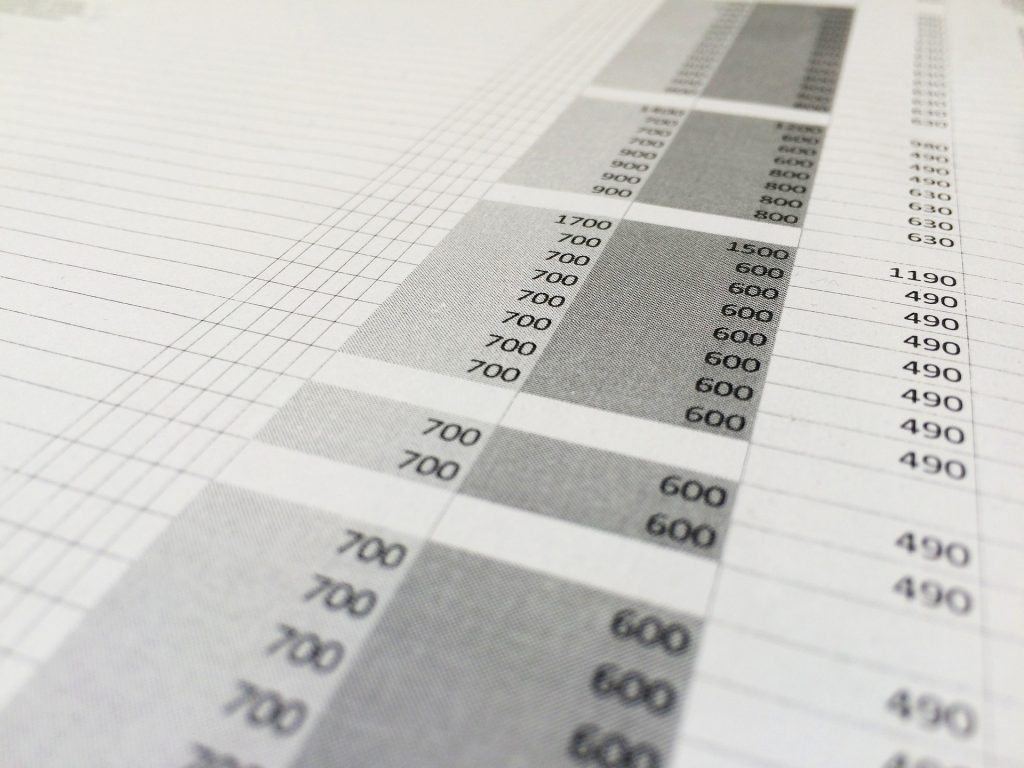Starting a budget can be overwhelming, but it is a necessary step in managing your finances and achieving your financial goals. The key to sticking to a budget is finding a system that works for you and making it a habit.
Here are some ways to start a budget and stick to it

Track Your Spending: The first step in starting a budget is to track your spending. This will help you understand where your money is going and identify areas where you can cut back. There are many apps available that can help you track your spending, such as Mint or YNAB.
Set Financial Goals: Once you know where your money is going, it’s important to set financial goals. Do you want to save for a down payment on a house? Pay off debt? Start an emergency fund? Having clear financial goals will help you stay motivated and focused.

Create a Budget: With your spending and financial goals in mind, create a budget. Your budget should include all your income and expenses, including fixed expenses (such as rent and utilities), variable expenses (such as groceries and entertainment), and debt payments. Be sure to allocate money towards your financial goals as well.

Use the Envelope System: The envelope system is a budgeting method where you put cash in envelopes for each budget category. Once the money in the envelope is gone, you can’t spend any more in that category for the month. This is a great way to stick to your budget and avoid overspending.
Automate Your Savings: One of the easiest ways to save money is to automate your savings. Set up automatic transfers from your checking account to your savings account each month. This will help you save without even thinking about it.

Cut Back on Discretionary Spending: Discretionary spending includes things like eating out, shopping, and entertainment. These are the areas where you have the most control over your spending. Look for ways to cut back, such as cooking at home instead of eating out, or going for a walk instead of going to a movie.
Review Your Budget Regularly: Your budget should be a living document that you review regularly. At least once a month, look at your spending and adjust as necessary. Did you overspend in one category? Do you need to adjust your budget to account for an unexpected expense?
Stay Motivated: Sticking to a budget can be challenging, but it’s important to stay motivated. Remind yourself of your financial goals and the progress you’ve made. Celebrate small victories, such as paying off a credit card or sticking to your budget for a month.
Seek Support: If you’re struggling to stick to your budget, seek support. Talk to friends or family members who have experience with budgeting. Consider joining a support group or hiring a financial coach to help you stay on track.
Starting a budget and sticking to it requires discipline and dedication. However, the benefits of financial stability and freedom are worth the effort. By tracking your spending, setting financial goals, creating a budget, using the envelope system, automating your savings, cutting back on discretionary spending, reviewing your budget regularly, staying motivated, and seeking support, you can achieve your financial goals and build a secure future.
Need additional resources? Your Neighborhood Check Casher friends at Waldo Financial can assist, just give us a call or stop in. We’ll be glad to help you!
